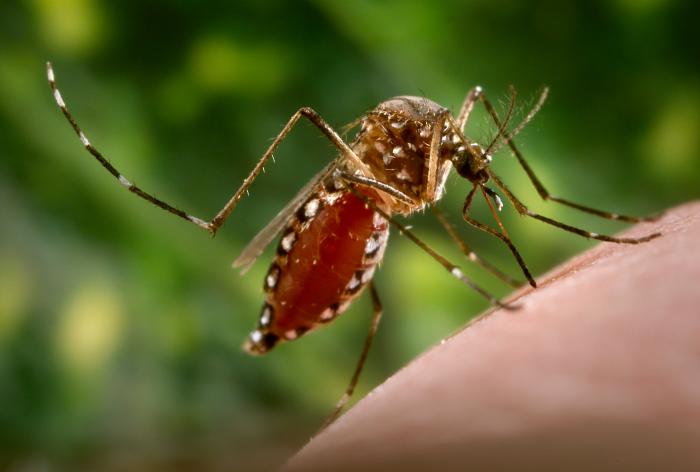In a follow-up to a report less than two weeks ago, the provincial health department of Khyber Pakhtunkhwa Province in Pakistan has reported a cumulative total of 74,820 cases of suspected dengue fever since the outbreak was first reported in mid-July. This includes 15,828 laboratory-confirmed cases and 54 deaths.

Image/CDC
The district of Peshawar has reported the highest number of cases, with a current total of 68,142 suspected cases, including 14,035 confirmed cases and 50 deaths reported from local health facilities.
The Provincial Directorate of Health is coordinating efforts of the Dengue Response Unit in collaboration with WHO. This includes providing technical guidance and support for health workers in the areas of surveillance, laboratory diagnosis, case management and social mobilization. WHO has provided case management training for 30 medical officers, and held emergency training for entomologists on vector control.
To inform the community of the dangers of the outbreak, awareness sessions have been held for religious leaders, school teachers and head masters to advise the community on dengue causes and prevention. Lady health workers have been engaged to educate communities to recognize dengue symptoms and refer suspected cases to health authorities.
In addition, more than 190,000 households in various areas of Peshawar have been sprayed with larvicide (space spraying) and provided health education on dengue prevention.
Dengue is a mosquito-borne viral infection that causes a severe flu-like illness, and sometimes causes a potentially lethal complication called severe dengue. The viruses are passed on to humans through the bites of an infective female Aedes mosquito, which acquires the virus while feeding on the blood of an infected person. Dengue is one of the fastest spreading viral infections in the world, and is endemic to Pakistan.
Related:
- Marburg virus: Two deaths reported in Uganda
- Salmonella outbreak linked to frozen raw breaded chicken expands to Alberta, BC
- New infectious diarrhea guidelines released by IDSA
- Legionnaires’ disease cases reported in British travelers to Spanish town
- Plague news: Updated Madagascar case counts, Seychelles samples test negative
- Lymphatic filariasis in Nigeria: The battle against the disfiguring parasitic disease


68,142 suspected cases, including 14,035 confirmed cases !!!
Can someone explain the difference in this particular scenario and its significance plz.